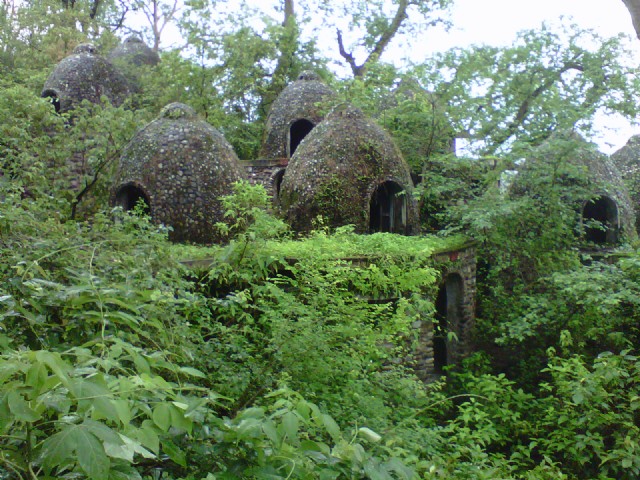Sunahsepha 1-Ashram Poem by Unnikrishnan Sivasankara Menon
Sunahsepha 1-Ashram
We lived in our ashram
On the slopes of Mount Bhrigutunga
Father Sage Rricheeka, mother
And just the three of us.
Father, by penance, attained
The coveted title of a bhahmarshi
And revered by even the king,
Such were the times of yore.
Jyeshta was favorite of father
Young Shunaka, to mother
And I, loved by all, had
The best of both the worlds.
Ashram is still alive in my mind
A small stream flowing behind
With enough water round the year,
As love and togetherness at home.
A little breeze a regular visitor
But was our peace never disturbed
Rain occasional. Summer was never
Too hot, nor the winter too cold.
Fragrance of flowers filled the air
Devadaaru and other medicinal trees
Rubbed their shoulders together
Shedding smell and spreading health.
Variety fruit, roots and tubers-
Food was abundant, so were guests
Known and unknown. Food we shared
With all hungry men and beasts.
Vedas, Vedaangas and Puraanas
Father taught us and trained us
To live a life of penance.Life ebbed
And flowed, peace prevailed.

Thank you Yashmitha for visiting this poem and noting your thoughts. Appreciate
A vivid and beautiful portrayal of a wonderful place and great way of life. Wonderfully written and superb imagery.
Thank you Rose Marie for visiting my page and sharing your appreciation. May I invite you to read sequence in full.
Chandini.....Life in ashram and the peacefull atmosphere of ashram created here nicely.Good.
This interesting description is very well written...................voted 10
Thank you, Marieta. Hope you have read the series in full and enjoyed.
Love rules this place and peace prevails till eternity... a place where the soul gets the right direction amidst the nature and scriptures and chanting. These ashrams are the doorways towards spirituality. Blessed are those people who live in peace and whose lives where content and giving was their nature. A very beautiful description of that era where gaining knowledge was the foremost priority. Thanks for taking us on journey of peace and learning.100+++
Hi Aarzoo, Thank you for the encouraging comments. As you have mentioned, those were the times, people were respected for their knowledge and there austere living style. And as I have quoted somewhere, the rishis(sages) lived in the forests or very close to the forests, which were considered as no-man's land. The rishis were, thus, not subjects of any of the many countries/country-states the land was divided into. And were respected by even the kings.
This poem has not been translated into any other language yet.
I would like to translate this poem
Your rendering of stories of the great epics Ramayan and Mahabharat just marvelous.You have great knowledge of mythology..Your poems bring Indian mythology nearer to Western readers.